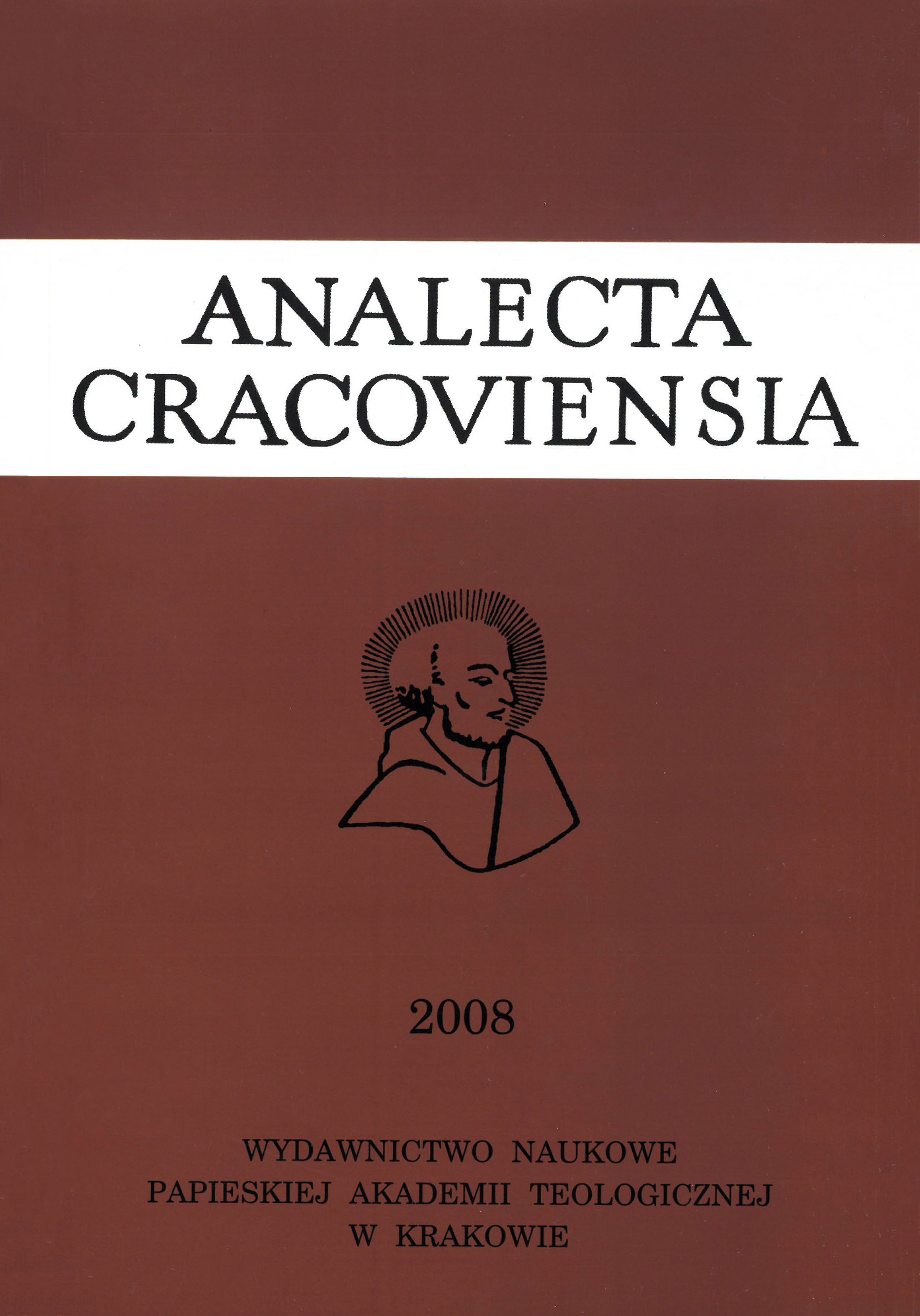Rola franciszkanów konwentualnych w życiu religijnym Krakowa od XIII do XX wieku
DOI:
https://doi.org/10.15633/acr.4024Abstract
Die Franziskaner haben sich in Krakau im Jahre 1237 angesiedelt und sind schnell unter den Stadtbewohnern sehr populär geworden, hauptsächlich dank Predigten und sakramentellen Dienst. Im Krakauer Kloster hat sich die Institution der ständigen Beichtväter entwickelt, die zugleich auch Spirituale vieler Gläubiger waren. Bruder Adalbert war der Beichtvater der sel. Salomea, Bruder Boguchwał war der Beichtvater der hl. Kinga und ihres Ehemannes Bole- sław. Das Krakauer Kloster der Minoriten war ein in Kleinpolen wichtiges Zentrum des Geschichtsschreibens, und auch der Hagiogaphie. In Krakau ist um die Wende des 13. und 14. Jh. Żywot bł. Salomei (Das Leben der sel. Salomea) entstanden. Eine wichtige Form der seelsorgerischen Tätigkeit war die spirituale Obhut über die kirchlichen Bruderschaften, unter denen die Bruderschaft der Passion des Herrn eine besondere Rolle gespielt hatte.
Das evangelische Programm der Nachahmung Christi lockte die Gläubigen an. Die Franziskaner-Spiritualität, in der Christus nahe war – sowohl in der freudigen Stimmung der Geburt Gottes als auch im Leiden des Kreuzweges und Golgatha, hatte starke Einwirkung auf die Gläubigen und wurde mit der Zeit zum festen Erbe polnischer Kultur. Seit Jahrhunderten werden die Gläubigen in die Kirche der Franziskaner-Konventualen durch das spätgotische, im Jahre 1908 mit päpstlichen Kronen geschmückte Bild der Leidenden Mutter Gottes gelockt, die Traurige Wohltäterin von Krakau genannt wird, sowie auch durch den Kultus des Leiden des Herrn. Mit der Krakauer Kirche der Franziskaner-Konventualen ist auch der Kult der sel. Aniela Salawa (1881–1922), der Mystikerin verbunden, die in reichen Krakauer Familien den Dienst geleistet hat und die in dieser Kirche viele Jahre lang gebetet hat.
Downloads
Published
Issue
Section
License
Copyright (c) 2022 Stanisław Ludwik Piech

This work is licensed under a Creative Commons Attribution-NonCommercial-NoDerivatives 3.0 Unported License.
Authors who publish with this journal agree to the following terms:
- Authors retain the copyright and full publishing rights without restrictions, and grant the journal right of first publication with the work simultaneously licensed under a Creative Commons Attribution 4.0 International License that allows others to share the work with an acknowledgement of the work's authorship and initial publication in this journal.
- Authors are able to enter into separate, additional contractual arrangements for the non-exclusive distribution of the journal's published version of the work (e.g., post it to an institutional repository or publish it in a book), with an acknowledgement of its initial publication in this journal.
- Authors are permitted and encouraged to post their work online (e.g., in institutional repositories or on their website) prior to and during the submission process, as it can lead to productive exchanges, as well as earlier and greater citation of published work (See The Effect of Open Access).

